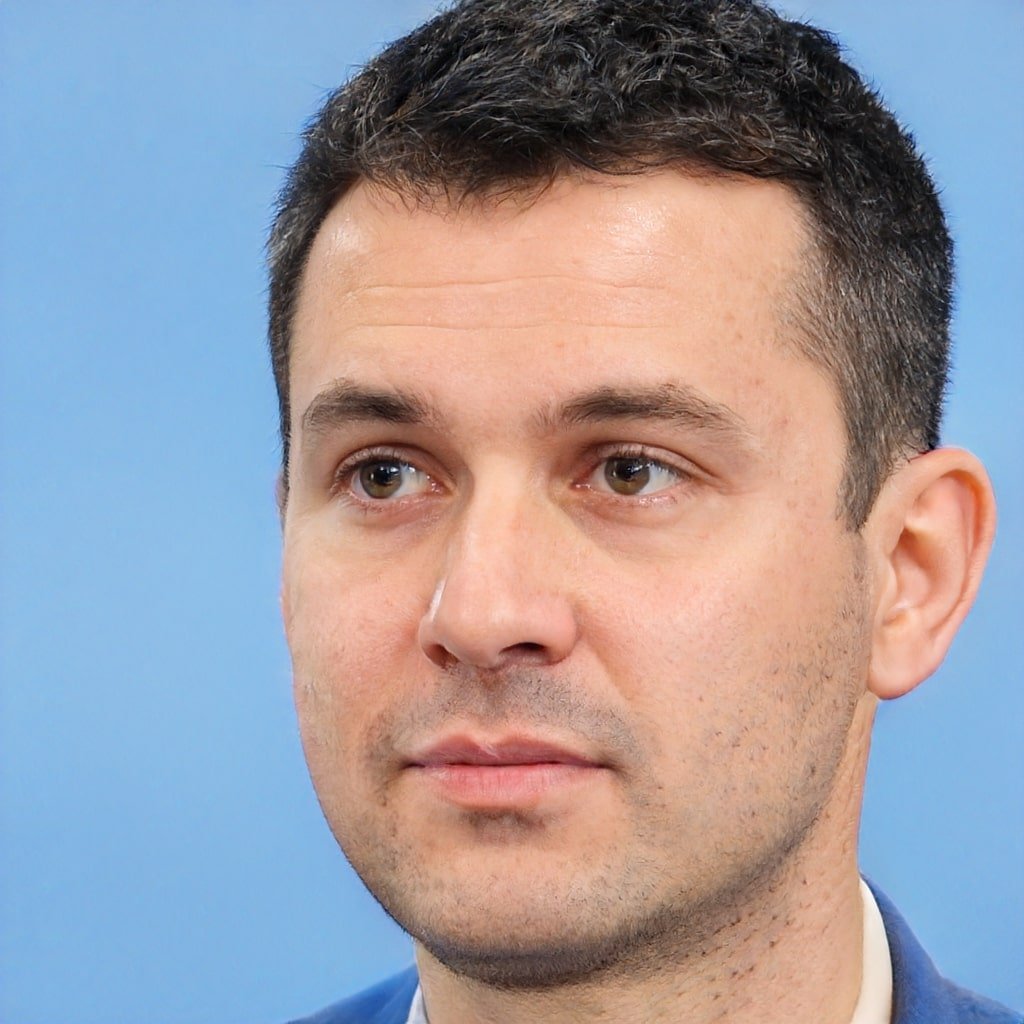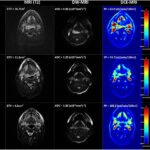Discover the best PRP hair treatment in Los Angeles. Learn about the procedure, results, and cost of PRP hair restoration in this comprehensive guide.
PRP hair restoration is a cutting-edge treatment that has been gaining popularity in recent years for its ability to revitalize hair growth and give you the luscious locks you’ve been dreaming of.
And when it comes to finding the best PRP hair treatment, Los Angeles is home to some of the most highly-skilled and experienced practitioners in the field.
In this article, we’ll be answering some of the most frequently asked questions about PRP hair restoration and providing you with all the information you need to make an informed decision.
So, whether you’re looking for the best PRP hair treatment in Los Angeles, or just want to learn more about this innovative treatment option, keep reading!
Does PRP regrow hair?
Studies suggest that PRP can be used as a therapeutic option for hair loss, including androgenetic alopecia and female pattern hair loss.
While the science is not 100% conclusive, PRP has been shown to help regrow hair or preserve existing hair. It is particularly effective for bald spots.
What is the success rate of PRP hair restoration?
The success rate of PRP hair restoration is between 70-90% for the average patient. A 2015 study of 10 people receiving PRP injections every 2 to 3 weeks for 3 months showed improvements in the number of hairs, the thickness of hairs, and overall hair growth. On average, patients were highly satisfied with a rating of 7 out of 10. This suggests that PRP injections to treat hair loss can be effective in the right patient.
How long does PRP last on hair?
PRP hair restoration typically requires a series of four to six treatments to achieve results, and the positive effects can last for 18 to 24 months. Touch-up treatments are recommended once a year to maintain the results. The initial PRP treatment usually consists of 3 sessions at 4-6 week intervals, with ongoing treatments every 3-4 months or even years depending upon how the patient responds to the treatments.

Does PRP thicken hair?
Yes, Platelet Rich Plasma (PRP) treatments can help thicken hair by improving the blood flow to the hair follicles.
PRP treatments are designed to stimulate new hair growth and encourage thicker hair, which can allow patients to look and feel their best.
PRP also helps new hair growth and improves the skin of the scalp, allowing it to better support strong, healthy hair.
Studies and treatments suggest that PRP can revitalize dormant hair follicles and make hair thicker.
How many PRP sessions are needed for hair?
For optimal results, patients experiencing hair loss typically require at least three sessions, with each session spaced one month apart. To maintain results, follow-up treatments are usually recommended every 4-6 months.
How painful is PRP?
It is normal to experience some pain after a PRP (Platelet Rich Plasma) injection. This pain may be caused by the injection hitting an artery or vein during the procedure, or it may be due to soreness and tenderness at the injection site.
Pain relief medications such as Tylenol or Ultram (tramadol) can be taken as needed, but should not exceed 3,000 mg of Tylenol in 24 hours.
In general, PRP injections are not painful, although this may vary depending on the patient and the area of the body being injected. The soreness and swelling associated with PRP injections can last three to seven days.
Is minoxidil better than PRP?
Studies have found that PRP is more effective than minoxidil for treating hair loss, with patients in the PRP group having earlier and better responses, as well as a significant decrease in short vellus hair, yellow dots, and dystrophic hair.
A randomized controlled trial comparing PRP to minoxidil foam also found that PRP was more effective. Minoxidil is known as a vasodilator that stimulates blood flow to the scalp.
Can PRP cause hair loss?
Hair shedding after PRP injections is a common effect because the hair follicles become stimulated by growth factors. There is no definitive proof that PRP will work for hair growth, and in some instances, it may cause hair loss or adverse reactions.
Any regimen (medication or PRP) that stimulates follicles to switch into a growth phase can cause shedding, but data highlights the positive effects of PRP injections on male pattern hair loss and the absence of major side effects.
Consult with a Qualified Professional
It’s important to remember that PRP hair restoration may not be suitable for everyone. So it’s important to consult with a qualified medical professional to determine if this treatment is right for you.
By understanding the procedure, potential risks, and expected results, you can make an informed decision about whether PRP hair restoration is the best choice for you and find the best PRP hair treatment in Los Angeles that suits your needs.










